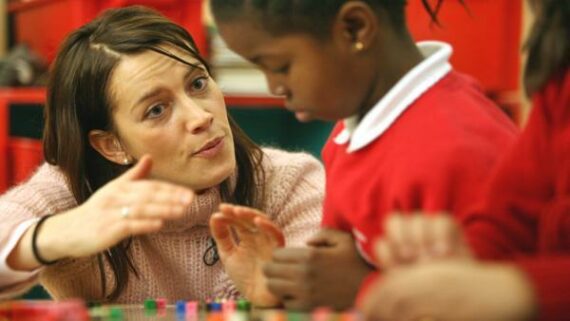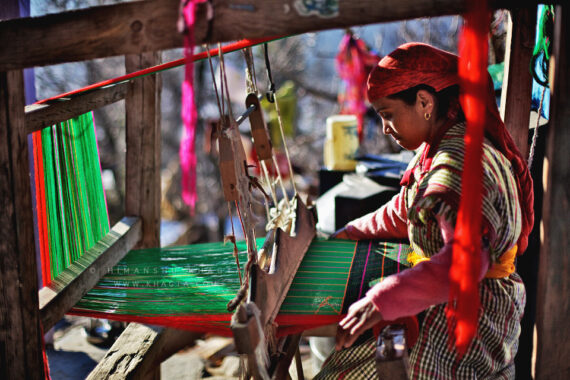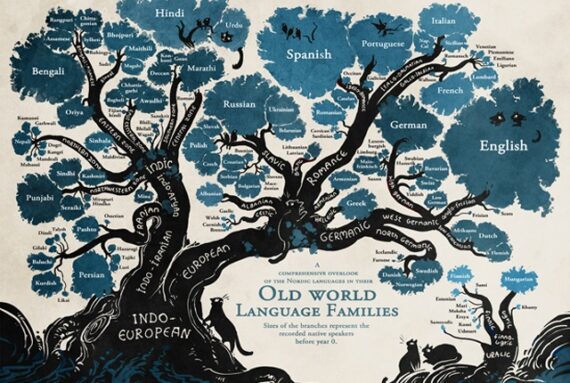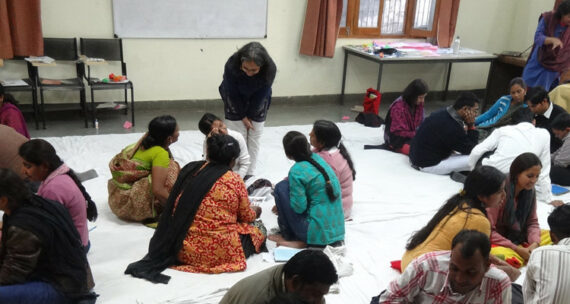For over a decade, Finnish 15 year olds have consistently featured among the top performers in the OECD Programme for International Assessment (PISA). As a result, the Finnish education system has been at the centre of attention of educators and policy-makers from countries around the world1. (Chung & Tsuruta, 2010; […]
Avinash
In 15 sentences and 20 beautifully illustrated pages, There you go! by Oren Ginzburg brings out the absurdity of many of our attempts to bring ‘sustainable development’ to tribal communities/aborigines around the world. As Lodu Sikaka from India’s Dongria Kondh tribe says “It’s crazy when these outsiders come and teach us development. […]
Just before the 2nd Philosophy of Education Conference hosted by Azim Premji University, in May 2014, I received an email from Prakash asking if we could conduct a set of interviews with the speakers at the conference. Though I was initially unsure, one thing led to another and I am glad […]
School curriculum in ancient Greece was divided into three categories: writing, music and gymnastics. At the age of six, the child was enrolled in a school run by a professional schoolmaster. The day typically started with classes on writing, reading and arithmetic. This was followed by a music class in […]
The main elements of the western education system are: one, there must be institutional learning – within the school, within the college. Learning within the institution is legitimate – authentic. Learning outside is not authentic because I don’t know what you have learnt. So there is a stamp of authority […]
Did you know: Texture, which we use in phrases such as this cloth has a fine texture to refer to how it ‘feels’ against our skin, derives from the Latin word texere, which means, to weave. Texture is also sometimes used more broadly to mean ‘distinctive quality’, as in the texture of life […]
The Oxford English Dictionary (1989) defines critique as “a detailed analysis and assessment of something, especially a literary, philosophical, or political theory”. As opposed to ‘criticism’, critique thus carries a connotation of ‘neutrality’, and therefore, a well-balanced critique would rightly be expected to present both sides (strengths as well as […]
Do the standards of morality that a person adheres to, depend on the society that s/he is a part of? Or are these standards independent of the individual’s social context? Where does an individual’s moral-framework come from? And what makes some people ‘adjust’ their moral-code in the face of adversity […]
Reading, scientific and mathematical literacies are considered essential for full participation in the modern ‘knowledge societies’ (OECD, 2009). And of the three literacies, reading literacy is considered especially important as it forms the ‘bed-rock’ on which other forms of literacies are formed. Scientific research on ‘reading education’, thus, expectedly, has […]
An academic journal is a periodical, often peer-reviewed, which publishes scholarly work related to one or a few academic disciplines. Though the nature and type of work published in academic journals vary significantly, they often include original articles on recent empirical research in the relevant disciplines, theoretical discussions as well […]
Prof. Jayashree Ramadas is the centre director of Homi Bhabha Centre for Science Education. She did her M.Sc from IIT Kanpur and her Ph. D. from HBCSE. Pulled into the role of teacher-educator as a graduate student, at HBCSE, she got interested in students’ ways of thinking about science concepts […]
Dr. Anandan has been working in the area of language education, especially English-language education in India, for close to two decades. He did his PhD from CIEFL, Hyderabad and then went on to develop a number of language teaching-learning programs such as Second Language Acquisition Program and Rapid Acquisition of […]
Did you know: Prolific comes from French prolifique, which is in turn derived from Latin proles (progeny or offspring) + root of facere (to make). A prolific artist, thus, is one who makes/produces many works of art and prolific growth signifies abundant growth. From the same root we also get the word proliferate (multiply, grow fast), […]
The story of humankind and its progression through the ages is a fascinating one; and language, one of humankind’s ‘bosom friends’, has been a constant witness to the unfolding of this tale – in fact, not merely has it witnessed the story, but it has played a key role in […]
A day-long workshop on setting up and using libraries effectively was facilitated by Usha Mukunda and her team on day II of Kathavana, 2013, . The workshop adopted a question-answer format for discussions (eliciting and building on the attendees’ responses and current knowledge); and spent significant time on hands-on activities, which, […]














